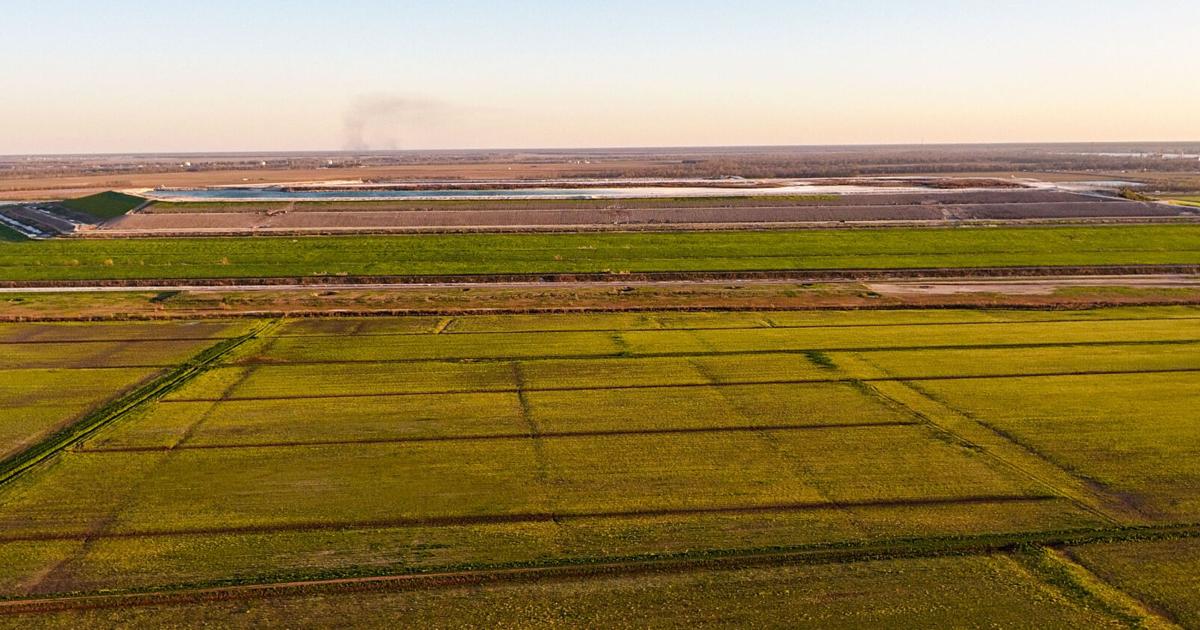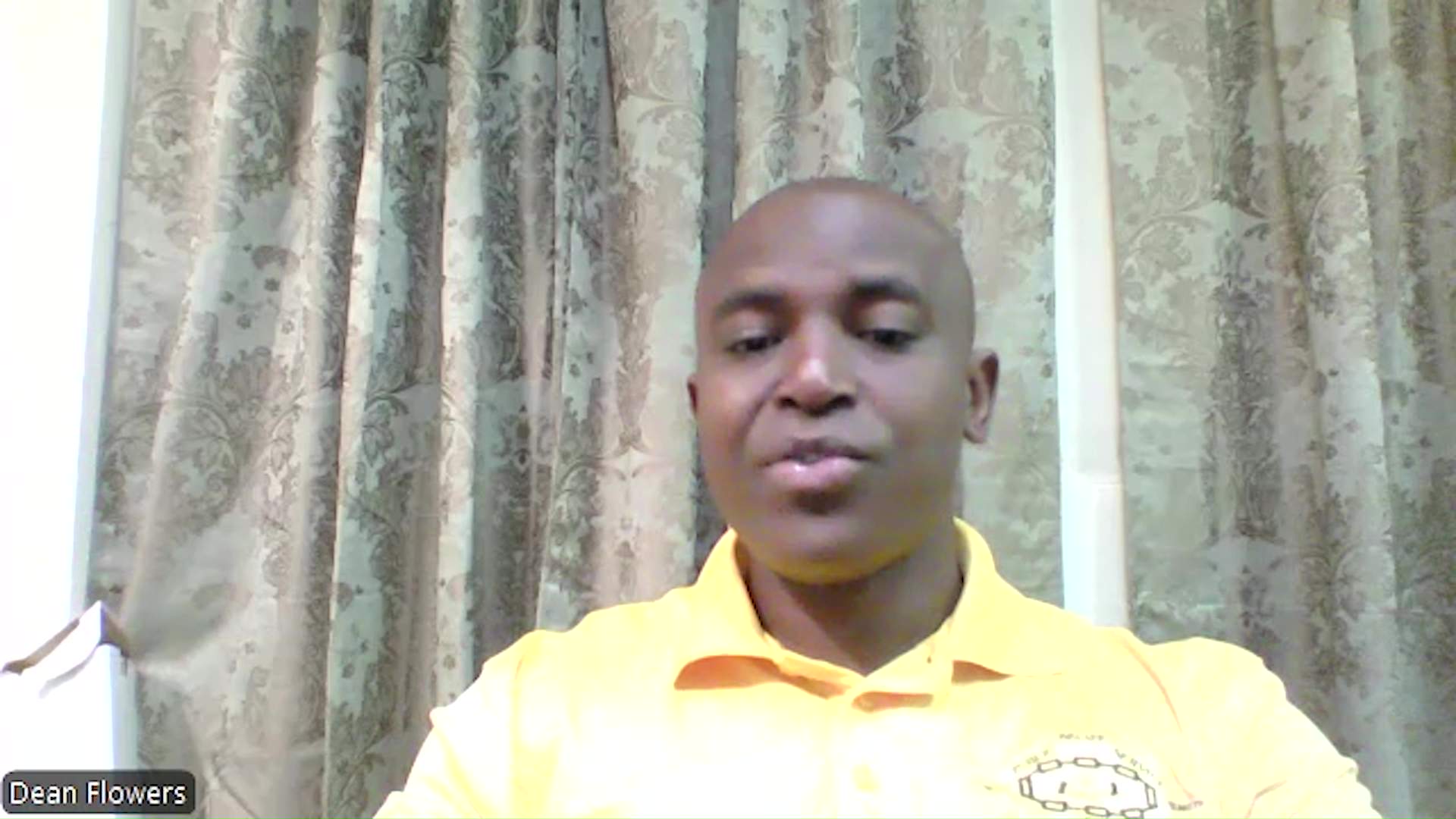Copyright Baton Rouge Advocate

A plan to expand an already mountainous pile of industrial waste from a fertilizer plant near Convent has been given the green light by the planning commission in St. James Parish after a contentious debate over the balance between polluting industries and economic development. State regulators had already blessed Mosaic Fertilizer's 330-acre expansion of its waste pile in January despite community opposition, but parish approval was also required. The waste sits on industrial land, but the planning commission was required to weigh in due to its size. The pile seven years ago raised fears of a partial collapse on its northern wall, resulting in closer monitoring and other measures. Mosaic's waste, phosphogypsum, contains trace heavy metal contamination and slight radioactivity that limits its reuse potential. The longstanding pile, already about 200 feet high, must be stored in large stacks away from the public under federal regulations to mitigate any impact of its low level radioactivity. The planning commission's consideration of the expansion led to a debate late last month over how the parish has pursued heavy industry. Planning Commissioner Danny St. Pierre, in response to local environmental activists with Rise St. James and Inclusive Louisiana, said that industry gives "us a lifestyle in this parish." He suggested the parish could end up like other communities that have lost key industries, referencing a documentary he'd seen recently about Appalachia and the effect the loss of coal mines had on drug use and poverty. "So what I'm saying is, when you attack industry, it's not a perfect deal, alright? We take the good with the bad. When we attack industry, we could conceivably make this parish a ghost town, and rather than have cancer, we'll have cancer with nothing," he said. 'Necessary evil'? He called such industry in St. James a "necessary evil" and added that the parish's education, health care and government services all rely on it. The companies are attracted to the parish because of its proximity to the Mississippi River, railroads and highways, he noted. The activists were opposed to the expansion over concerns about particulate air pollution from the phosphogypsum, radiation from radon-222, and the potential risk of spilling contaminated and acidic waters from the pile into nearby swamps and the Blind River, given the pile's history and the actual failure of other similar piles in Mississippi and Florida. Part of the state's environmental justice movement, the groups, Rise St. James and Inclusive Louisiana, frequently oppose and often sue over new industrial proposals, arguing that majority Black areas are already overburdened with air pollution. Proponents of allowing the expansion say it will allow Mosaic, one of the parish's top taxpayers and employers, to continue operating into the 2040s. Production of the waste is inextricably linked in Mosaic's industrial process to the production of fertilizer. Asked for comment on St. Pierre's sentiments, Barbara Washington, a Romeville resident who lives near Mosaic's waste pile, said residents "should never have to choose between health and economic stability." "Our community deserves clean air, safe water, and fair access to jobs and investment just like any other part of the parish. The idea that pollution is a 'necessary evil' ignores the harm communities like ours have lived with for decades," said Washington, who co-founded and helps lead Inclusive Louisiana. "It’s also troubling that parish leaders continue to speak as if industry is the only path to survival. When one industry becomes the single 'cash cow,' it doesn’t make us stronger; it makes us more vulnerable." She said parish leaders should try to diversify the economy and attract cleaner, more sustainable investments that don’t "poison our people." The environmental groups said they planned to appeal the commission's decision on Oct. 27 to the Parish Council. Acidic lake The parish approval comes nearly seven years after Mosaic officials discovered the waste pile's northern wall along La. 3214 was moving, raising early fears that a large lake of acidic, contaminated water sitting on top of the pile could break open and spill. Mosaic later concluded a lake breach wasn't likely to occur, but removed water from the section most affected to reduce weight. A few years later, Mosaic determined the movement occurred due to so much weight from the pile and acidic lake sitting on weak geology about 85 feet below the pile. State and federal regulators concurred with the conclusion and, in 2024, said the emergency situation had receded as the pile's movement had slowed significantly, though not completely. The agencies required additional monitoring and careful waste stacking methods in the expansion. The pile and its grounds also contain about 300 acres of acidic process water lakes. Much of the water is reused in Mosaic's process, but the company also maintains pond levels by injecting some process water underground. The water can't be discharged into local waterways without treatment. St. Pierre's comments came after Brian Landry, a lobbyist for the Louisiana Chemical Association, sought to push back against anecdotal accounts of high cancer cases in the parish and near the pile. He said his group's analysis of federal and state cancer incidence rates shows they are 5.5% lower, on a parish-level basis, in the industrial corridor than in the state as a whole. "Not our data, national data, and that's what the facts are saying," Landry said. Advocates have pointed out that air pollution's impact can be more localized than at the parish level and can involve illnesses other than cancer. Federal EPA data also show highly localized sections of the Mississippi River corridor have elevated risk for cancer from air pollution, though not around the gypsum pile. Statistical limits from low populations and state health privacy rules also obscure whether many parts of St. James have elevated rates for actual cancer cases, including cancers that have radiation as a risk factor, LSU cancer case data show.



